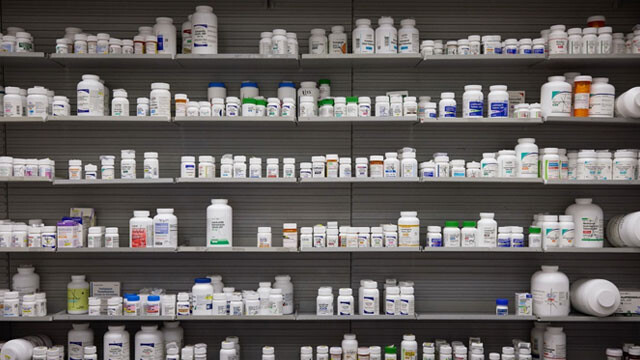
WASHINGTON D.C. – The U.S. pharmaceutical industry has strongly criticized major developed countries, including South Korea, for artificially setting low prices for U.S.-made medicines, causing massive damage to the American pharmaceutical industry. They urged the U.S. government to increase pressure on these countries through ongoing trade negotiations. This, coupled with the Trump administration's 'America First' policy, suggests that drug pricing issues are likely to emerge as a key contentious point in future trade negotiations with South Korea.
In an opinion submitted to the U.S. Trade Representative (USTR) on June 27 (local time), the Pharmaceutical Research and Manufacturers of America (PhRMA) singled out high-income countries with high pharmaceutical consumption, including South Korea, Australia, Canada, France, Germany, Italy, Japan, Spain, the United Kingdom, and the European Union (EU), as prime examples of nations engaging in "unfair pharmaceutical policies and practices." They argued that these countries hinder U.S. pharmaceutical companies' research and development investments by avoiding fair compensation for innovative new drugs.
PhRMA specifically criticized the Korean National Health Insurance Service for overly stringent market entry reviews for medicines, which delays the launch of new drugs, and for suppressing drug prices below fair market value. This, they argued, results in a significantly lower proportion of innovative new drugs within the pharmaceutical budget compared to other high-income countries in the Organization for Economic Cooperation and Development (OECD). The logic is that such policies force U.S. pharmaceutical companies to recoup the enormous R&D costs of developing innovative new drugs solely from the U.S. market, consequently leading to higher drug prices within the U.S.
This USTR investigation follows President Trump's executive order on May 12, instructing the USTR and the Department of Commerce to investigate unfair drug pricing policies in other countries. President Trump implied that foreign countries are "free-riding" on U.S. research and development costs and that powerful measures, including tariffs, could be used to stop this. His argument is based on the perception that while U.S. pharmaceutical companies invest heavily in developing new drugs, they sell them cheaply abroad, effectively making the U.S. bear the global burden of R&D costs.
In addition to PhRMA, the U.S. Chamber of Commerce, the largest business organization in the U.S., also pointed out that South Korea sets drug prices significantly lower than other developed countries, failing to adequately compensate for innovative new drugs developed by the U.S. pharmaceutical and biotechnology industries. They presented specific data indicating that the Korean National Health Insurance Service applied health insurance coverage to only 20% of the 500 new drugs launched worldwide between 2013 and 2014, and that it takes an average of 40 months from a new drug's launch to the payment of health insurance benefits. The U.S. Chamber of Commerce recommended that the Korean government shorten the health insurance application and benefit review times and update the 'incremental cost-effectiveness ratio' (ICER) threshold, which is a criterion for drug pricing.
The National Association of Manufacturers (NAM) and the Biotechnology Innovation Organization (BIO) also raised their voices, stating that Korea's drug pricing system infringes upon the intellectual property rights of U.S. companies and hinders investment in innovation. NAM argued that Korea uses unreasonably low and outdated cost-effectiveness thresholds and imposes excessive and repeated price reductions, failing to recognize the value of patented drugs. BIO criticized Korea's drug pricing system for weakening the competitiveness and sustainability of U.S. manufacturers through multiple overlapping price reduction mechanisms.
These industry opinions increase the likelihood that the Trump administration will strongly demand expanded health insurance coverage for more U.S.-made new drugs and higher insurance reimbursements to pharmaceutical companies in future trade negotiations with South Korea.
Meanwhile, the U.S. pharmaceutical industry clearly opposed President Trump's proposed application of 'Most Favored Nation' (MFN) pricing within the U.S., citing concerns that it could lead to reduced investment and new drug development. President Trump's ultimate intention is interpreted as supporting expanded access to foreign markets so that pharmaceutical companies can generate more profit in other countries instead of lowering drug prices in the U.S. Therefore, the issues raised through this USTR investigation are expected to emerge as major trade issues between South Korea and the U.S. in the future.
[Copyright (c) Global Economic Times. All Rights Reserved.]






























